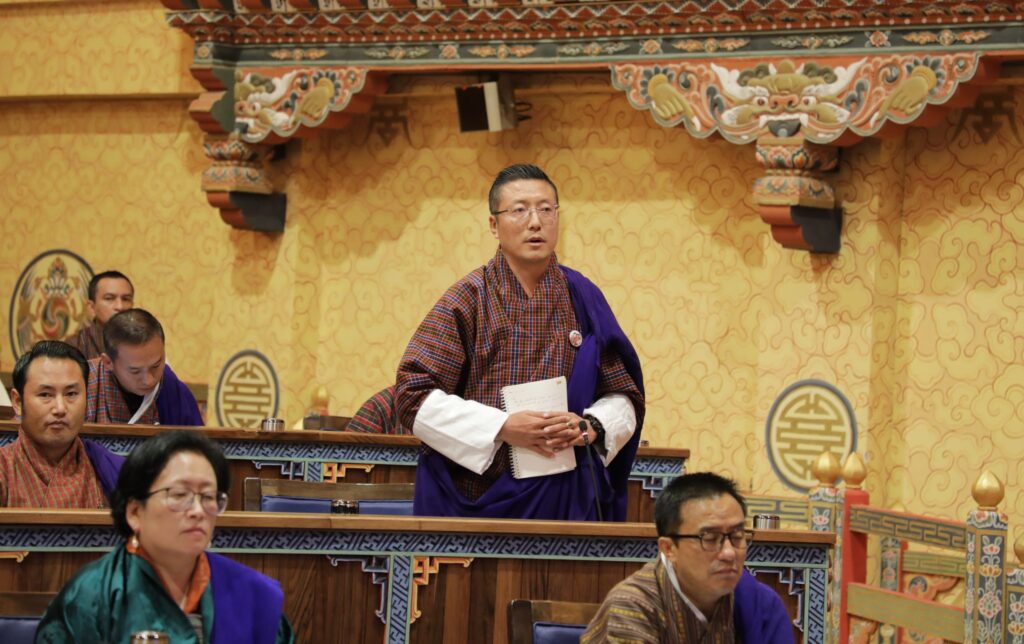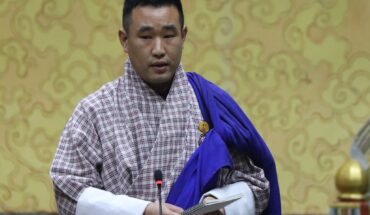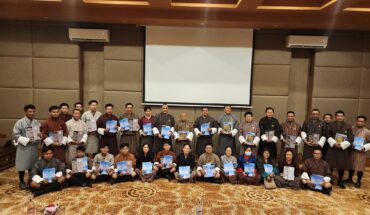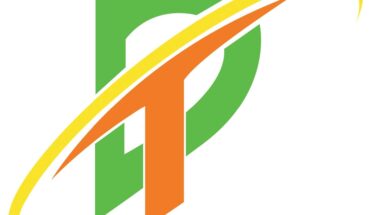
PEMA TSHOMO
Thimphu
Recognizing the urgency of adapting to this new reality, the Social and Cultural Affairs Committee of the National Council while presenting the State of Media on 29 November has proposed a comprehensive roadmap to modernize the media landscape, safeguard the public’s right to information, and address emerging challenges in the digital age.
These recommendations aim to create a media ecosystem that is sustainable, inclusive, and aligned with Bhutan’s unique cultural and developmental needs.
One of the central pillars of this initiative is the revision of existing legal and policy frameworks to meet the demands of the digital age. Current legislation, including the Copyright Act (2001) and the Industrial Property Act (2001), requires updates to address issues like online safety, cyberbullying, and the unauthorized circulation of private content. Such initiatives will benefit all citizens or social media users.
Additionally, the Info-Communications Media Act (2018) is being reassessed to determine the need for a Media Council that complements the Bhutan InfoComm and Media Authority (BICMA) in regulating harmful and objectionable content. This dual approach seeks to enhance media accountability while protecting citizens from the adverse impacts of digital communication.
According to the committee, a National Information and Digital Policy is necessary to further strengthen the country’s digital resilience. In addition to ensuring data privacy and promoting responsible digital activity, this policy would support fair access to trustworthy information.
With the help of successful; models in nations like Finland, Singapore, and Australia, Bhutan hopes to provide its people with the digital literacy skills they need to use the internet in a secure the efficient manner. To strike a balance between the protection of free speech and the reduction of false information and cyber threats, such a strategy is essential.
Another critical aspect is the formulation of a fair advertising policy to ensure transparency and accountability in the allocation of public advertisements. By adopting market-based principles and incorporating media impact assessments, this approach seeks to support both state-owned and private media. Encouraging professionalism, innovation, and collaboration within the media industry will ultimately enhance its capacity to serve the public while fostering job creation and professional growth.
The economic potential of the digital media landscape is immense, but barriers such as the absence of international payment gateways and limited access to venture capital hinder its growth. Establishing a robust venture capital framework and integrating payment systems like PayPal are crucial steps to empower Bhutanese startups and media organizations. These measures would unlock new revenue streams and attract both local and international investments, accelerating Bhutan’s digital economy.
A significant reform proposed is the formalization of the Bhutan Broadcasting Service (BBS) as a public service broadcaster through legislation. This move aims to ensure BBS operates independently, free from political and commercial pressures while adhering to global best practices in public service broadcasting. The government must also decide on an appropriate funding model, balancing public funding, commercial revenues, and donations to sustain the broadcaster’s mandate.
NC from Wangduephodrang Phub Dorji said that with the appointment of a media focal person in each ministry, it has been easier to access the required information but the focal person having multiple jobs makes access to information more difficult. He also emphasizes the need to distribute government advertisements equally with the govt and private media.
Bumthang NC KenchoTshering advocated the need for the Right to Information ( RTI) Act which will facilitate the flow of information without any hindrances.
Preserving Bhutan’s linguistic heritage is another key priority. The government is urged to incentivize and support newspapers in publishing content in Dzongkha. As the national language, Dzongkha plays a crucial role in uniting the country and promoting cultural identity. By subsidizing these publications and enhancing their digital reach, the government can nurture a wider readership and preserve this vital aspect of Bhutanese culture.
The committee also recommends developing a five-year strategic roadmap to strengthen media governance. This initiative would involve reviewing outdated regulations and bridging the digital divide between urban and rural areas.
Accessible and disability-friendly websites, alongside affordable internet, would ensure that all citizens can participate in public discourse and access reliable news sources. Such efforts would not only enhance transparency but also promote media literacy and democratic engagement.
Moreover, regular assessments of the media sector, including Media Development Assessments, Media Impact Assessments, and circulation audits, are deemed essential to ensure its sustainability. These evaluations would provide valuable insights into public trust, media literacy, and consumption patterns, guiding policymakers in creating a responsive and resilient media landscape. Despite significant government investments, such assessments have been sporadic, underscoring the need for a more consistent and systematic approach.
The committee also wants the government to enforce the Standard Operating Procedures (SOP) for information sharing to enhance transparency and accountability. Streamlined procedures for accessing information and capacity building for media focal personnel would strengthen public trust in government institutions and foster a culture of openness.





